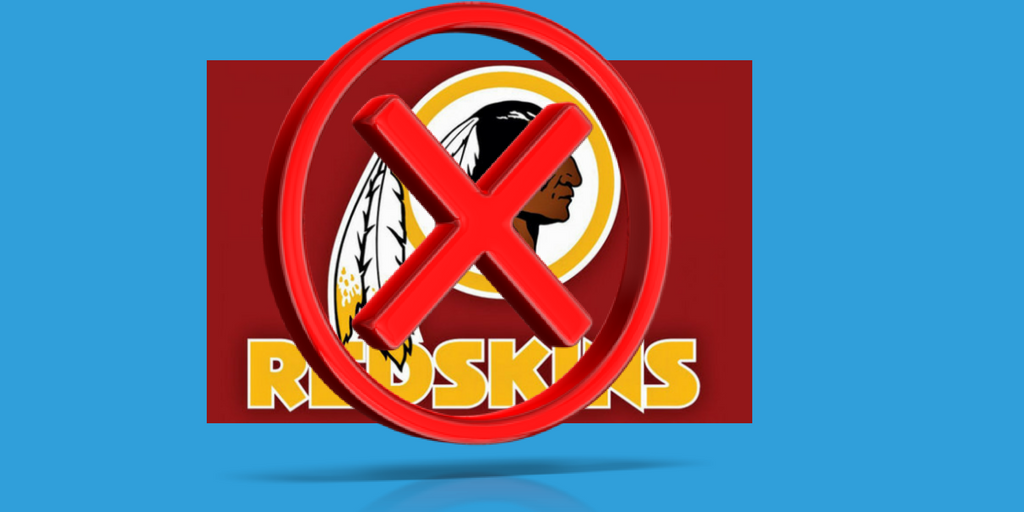USPTO TTAB cancels Redskins Trademark
On Wednesday, June 18, the United States Patent and Trademark Office’s Trademark Trial and Appeal Board (TTAB) issued a ruling that canceled the federal registration of six trademarks related to the Washington Redskins of the National Football league.
The petition was brought to TTAB by five Native Americans in an attempt to cancel the trademarks registered to the team on the ground that the registrations were obtained contrary to Section 2(a), 15 U.S.C. § 1052(a), which prohibits registration of marks that may disparage persons or bring them into contempt or disrepute. (Blackhorse v. Pro-Football Inc.)
TTAB based its ruling on the Section 2(a) controversy by using a two-step analysis:
- What is the meaning of the matter in question, as it appears in the marks and as those marks are used in connection with the goods and services identified in the registrations?
- Is the meaning of the marks one that may disparage Native Americans?
The first prong is easily satisfied- the claim only applies to the term “Redskins,” and the term refers both to the football team and carries a reference to Native Americans inherent in the definition of the word. (Harjo v. Pro-Football Inc.)
The second prong’s analysis was based on a context dependent test as to whether the mark was disparaging. Here TTAB stated that the nature of the services offered did not affect the analysis as in some other cases, but the mark stood on its own as a reference to Native Americans.
The Board stated that the alleged honorable intent of the holders of the mark and way of using the term did not matter in the determination of whether a substantial subset of the referenced group found the term to be offensive.
The Board agreed with evidence put forth by the petitioners that the term “Redskins” was disparaging to Native Americans at the time of registration and therefore violates Section 2(a).
In previous litigation over the name in the Harjo case, the federal courts ruled in favor of Pro-Football Inc. based on the affirmative defense of laches. Essentially this meant that, while the mark might have been disparaging, the Court would not make a decision on that because those petitioning for its cancellation had waited too long to assert their rights to cancel the mark.
TTAB rejected this argument in their ruling, stating that because laches is an equitable defense that courts may decide not to apply in cases where there is a public policy concern.
Here, the Board stated that there was a public policy interest in cancelling registration of marks disparaging to a group of the population beyond the immediate petitioners, in this case the Native American community, and that petitioners did not unduly delay in the filing of their claim.
It is important to note that the cancellation of the registration of the trademarks does not mean that the team may no longer use the name “Redskins.”
The cancellation simply means it is no longer registered and loses the benefits that come with registration, such as public notice, legal presumption of ownership, and listing in the USPTO’s online databases. Redskins owner Daniel Snyder is expected to appeal the decision in federal court.
In conclusion, while this is a significant legal victory for advocates of changing the name, the legal battle is far from over.






